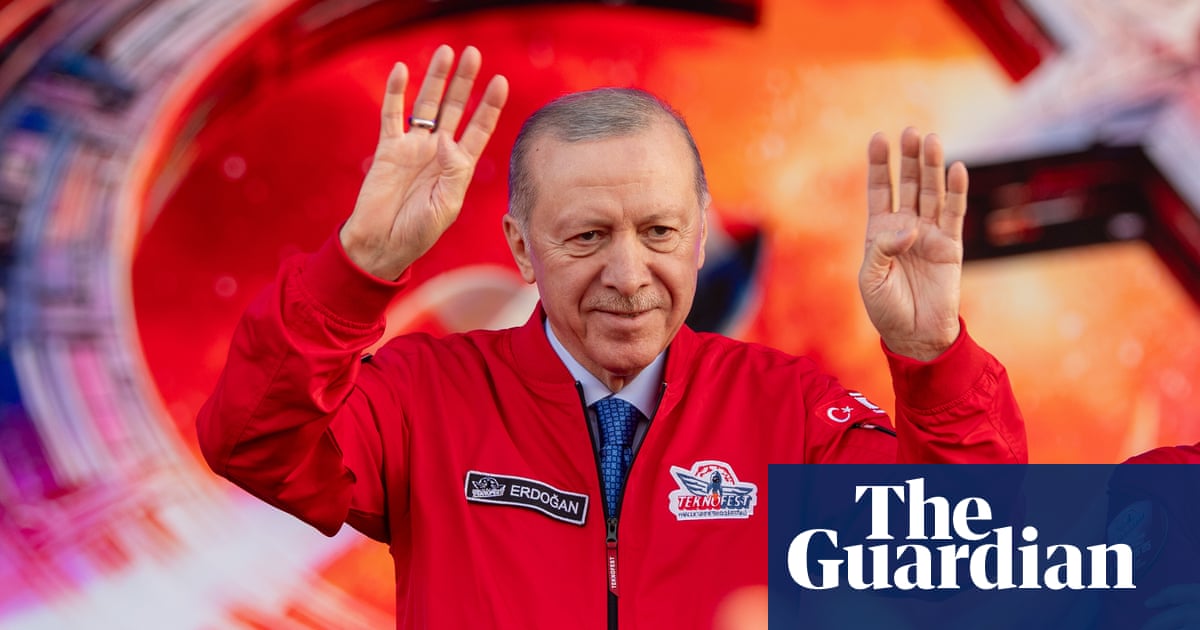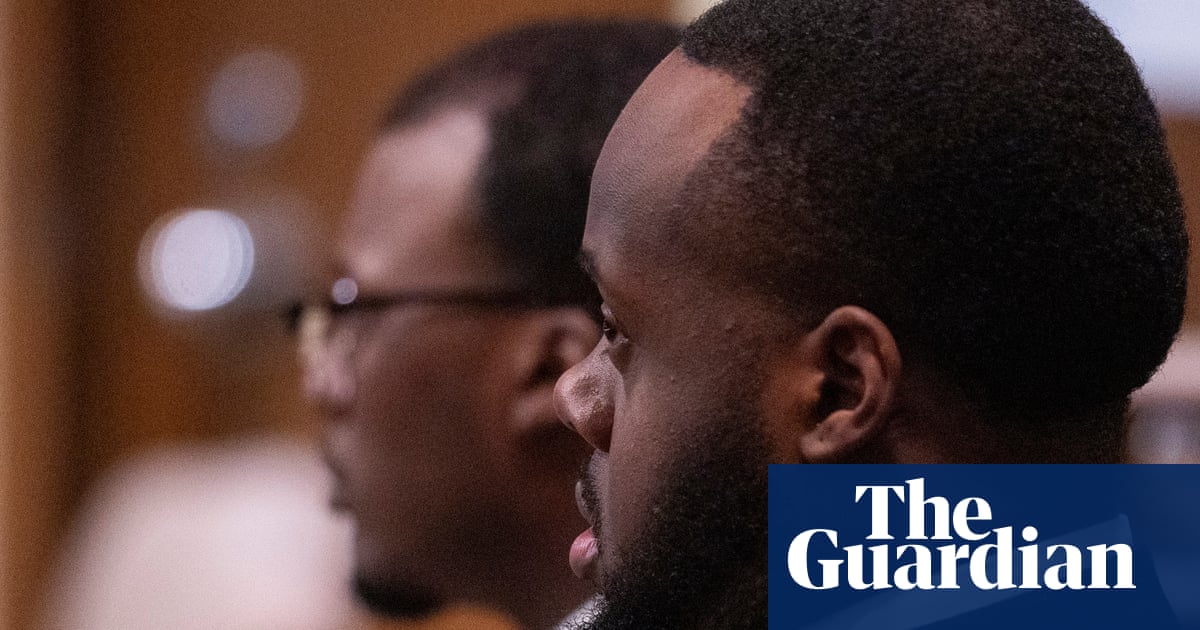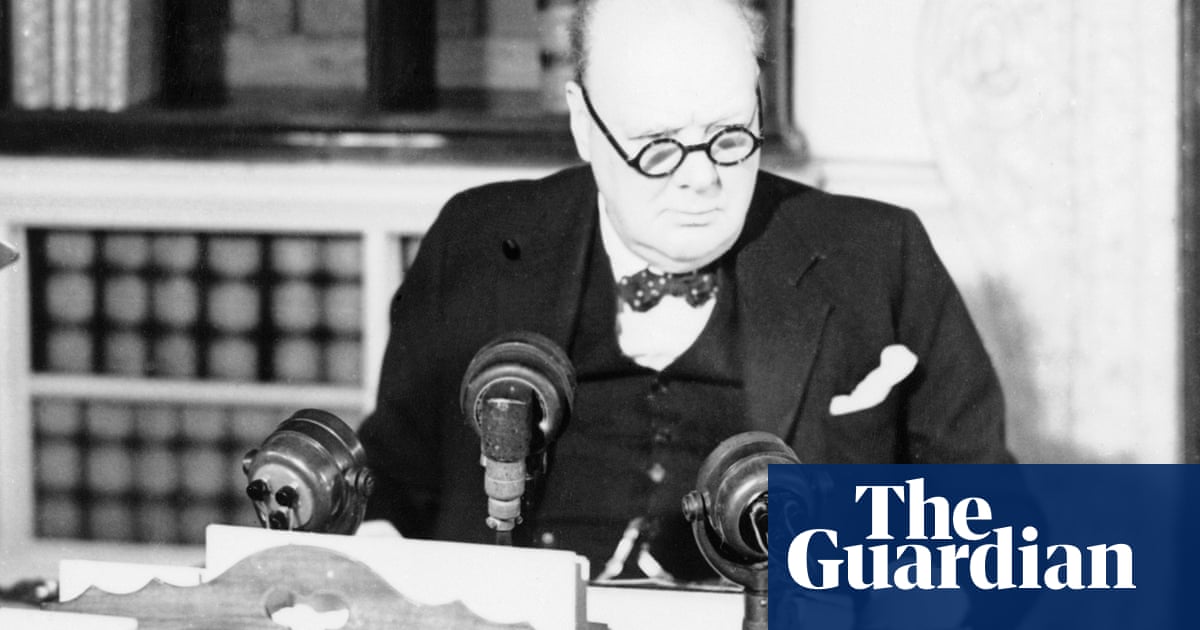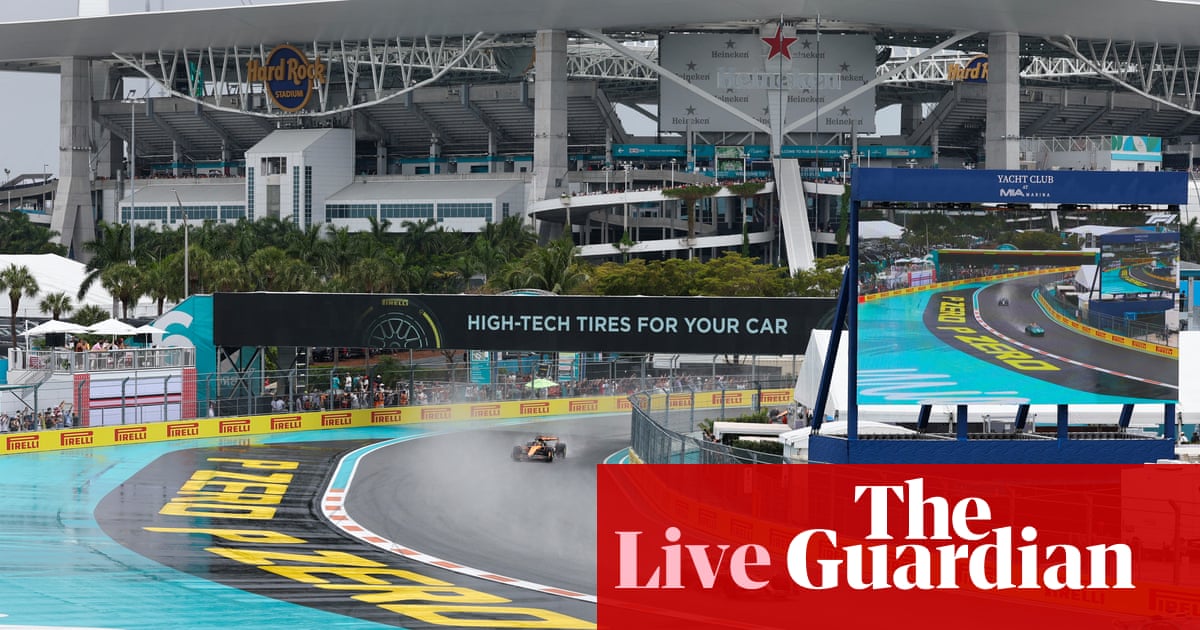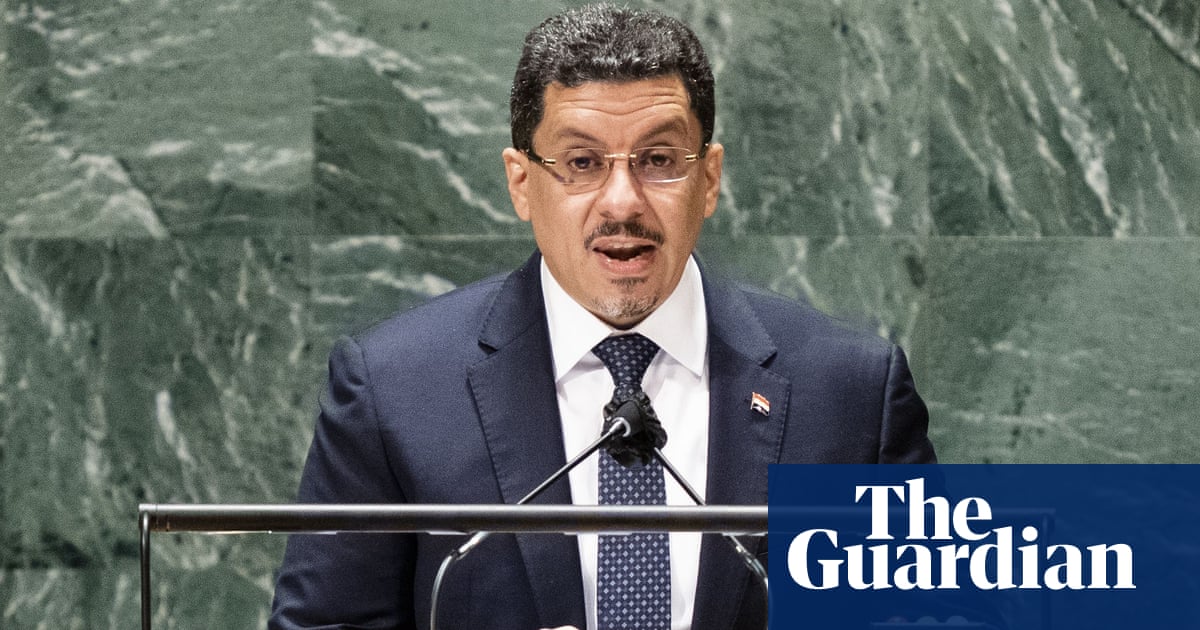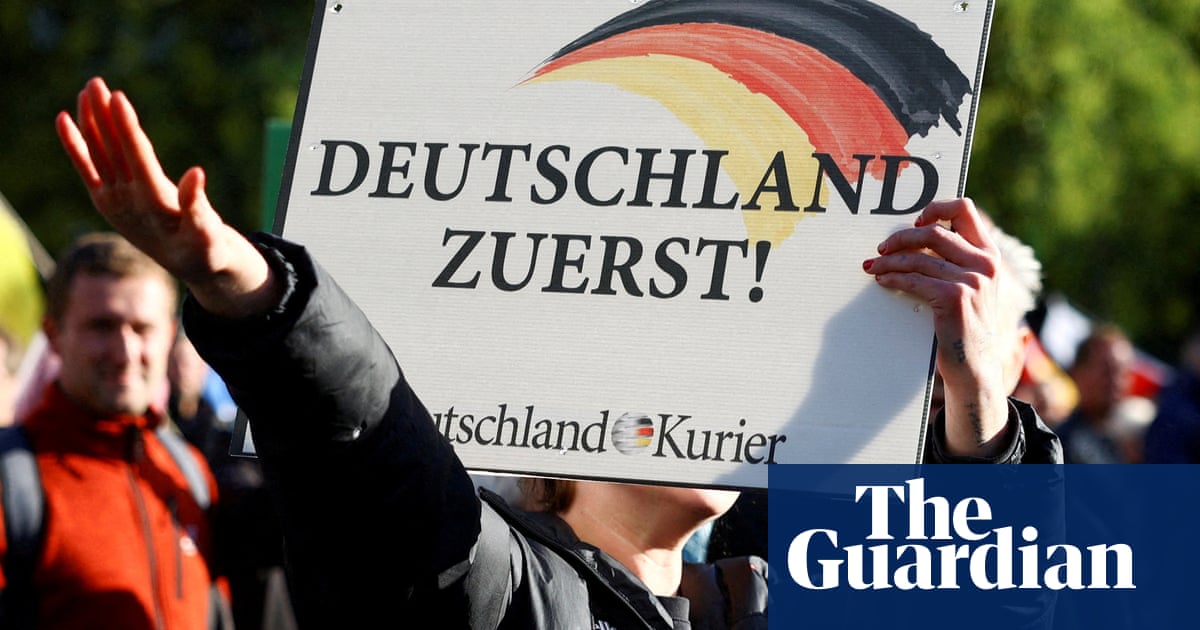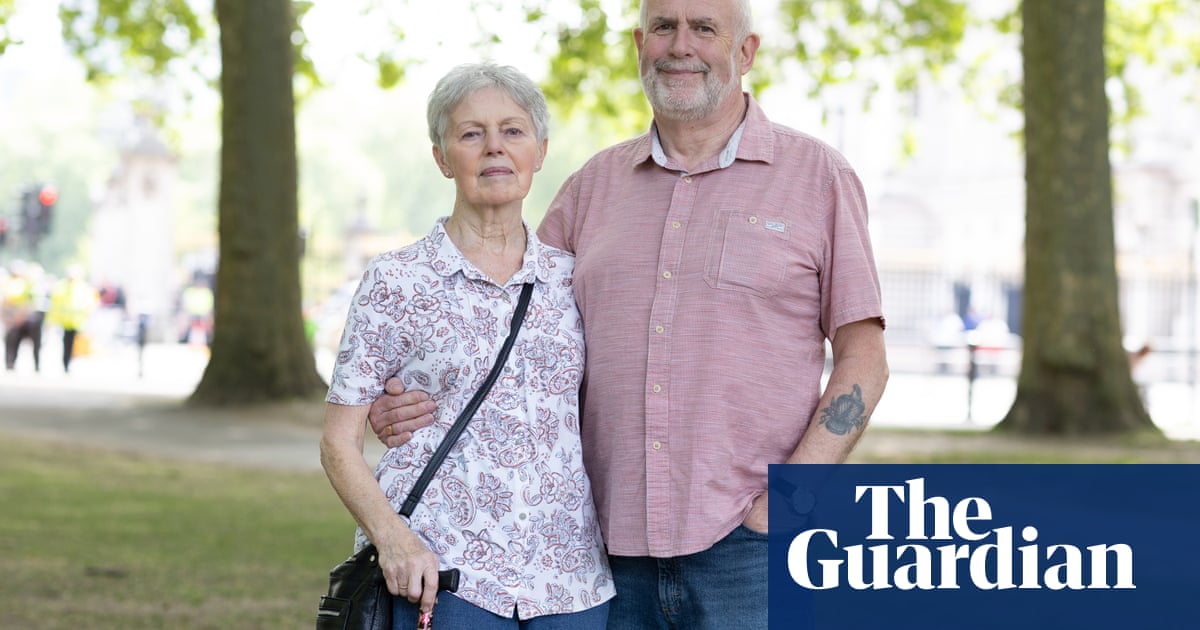There is a war on journalists raging across the world. Last year, the Committee to Protect Journalists (CPJ) recorded the highest number of media workers killed since it began collecting data three decades ago.
According to that data, at least 124 journalists and media workers were killed in 2024 – nearly two-thirds of them Palestinians killed by Israeli forces in Gaza and the West Bank.
Journalists were also killed while doing their jobs in Sudan, Pakistan, Mexico, Syria, Myanmar, Iraq and Haiti. Hundreds more were detained and imprisoned elsewhere, while others were harassed, assaulted and faced relentless threats and abuse online, as well as in their communities and places of work.
Attacks on press freedom and independent news outlets by governments and authoritarian regimes from Russia to Turkey to Belarus are also rising, along with the tsunami of misinformation that is being disseminated on social media and the internet.
In the US, Donald Trump labelled journalists the “enemies of the people” in his first term, and is now waging lawsuits against leading news organisations and ordering federal investigations against others.
Today, as we mark Unesco’s World Press Freedom Day, we are reporting on the vital fight to maintain a free and independent global media.
In my job as the editor of the Guardian’s Rights and Freedom series, I work closely with journalists across the world operating in increasingly fraught and frightening environments.
Where once a blue press vest offered some guarantee of protection, now many journalists in war zones say it feels like it puts a target on their backs.
In Afghanistan, where the free press has been all but dismantled, we work with female reporters who are in hiding, conducting their interviews in secret and living in daily terror of being discovered by the Taliban.
Just a few of the stories we have covered on attacks on press freedom in the past year include the attempted murder of an Iranian journalist in London, the incarceration of female journalists in Iran who reported on the death of Mahsa Amini, and the death of a Ukrainian reporter in Russian detention.
Often, I feel a deep sense of helplessness when I see how dangerous this job can be for some journalists, who demonstrate extraordinary bravery but find their jobs, their liberty and sometimes even their lives on the line for their reporting. Equally often, I am completely humbled by their passion and belief in journalism as a public service and as a force for positive change, something for which they are willing to risk everything.
So what can we do from our position of relative safety and security? When I ask reporters struggling under state repression, they tell me what they want is to be heard – and for media organisations such as the Guardian to help fight for press freedom by publishing their work and to keep shining a spotlight on the battle for a free press.
The Guardian’s ability to do this kind of work – and to remain free and independent – is due to the direct financial backing of our readers. If you believe in the importance of a free press, you can support our work by clicking here.
We would also encourage you to read and directly support the work of other independent news operations – locally and in countries where there is a direct threat to media groups.
At a time when press freedom is facing this barrage of attacks on many fronts, it has never been more important for journalists to be able to work freely and safely, and for the protections they are granted under international human rights laws to be respected and defended.

 19 hours ago
13
19 hours ago
13


